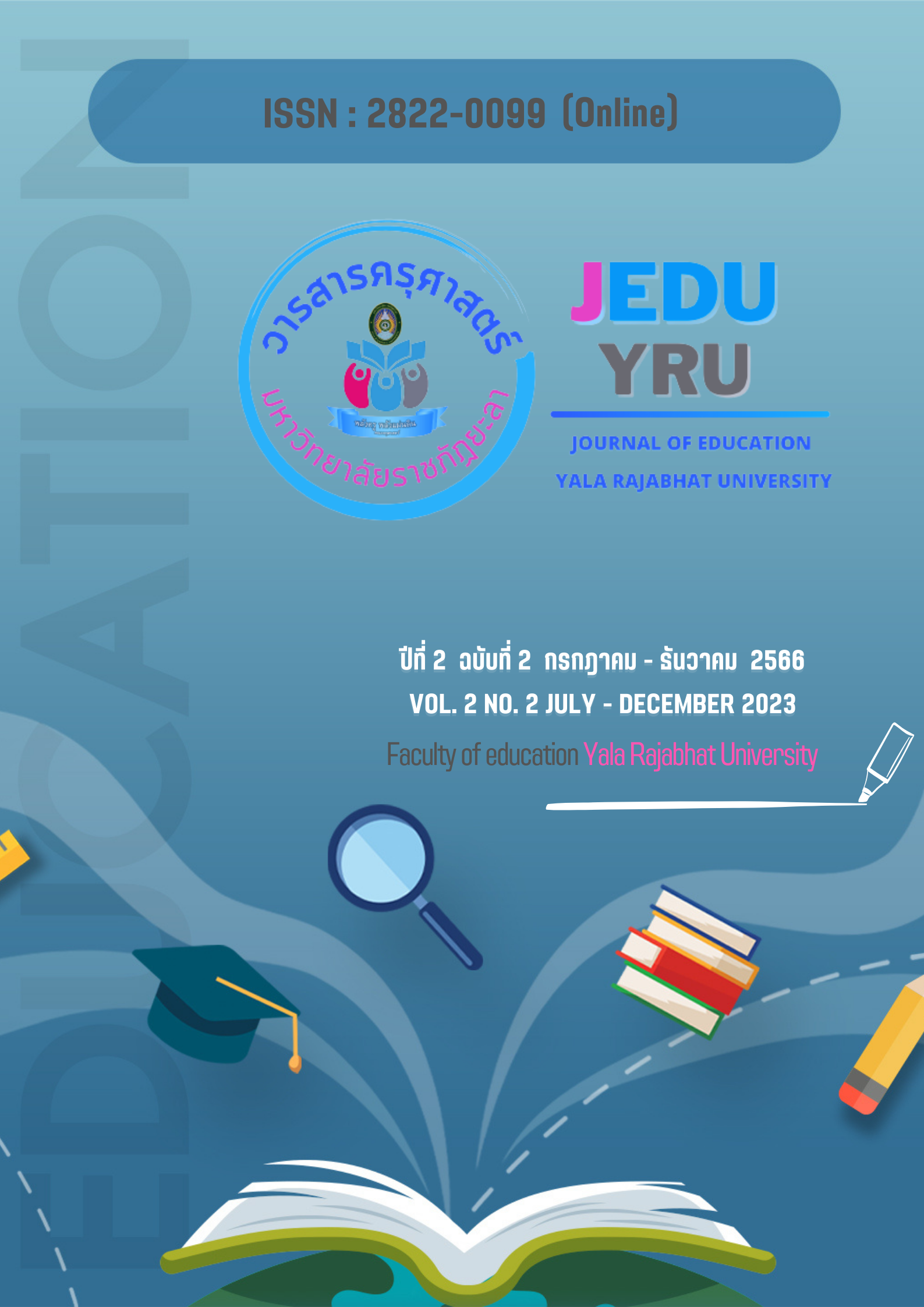Islamization of Teaching Materials (ITM): A Practical Approach to Integrated Islamic Perspectives and Values in 21st Century Education
Main Article Content
Abstract
An efficient method of integrating Islamic viewpoints and principles into contemporary education is the Islamization of teaching materials (ITM). To generate knowledge that is based on Islamic ideals, it entails changing instructional materials to reflect Islamic principles and values. This essay focuses on concrete actions that can be performed to Islamize teaching materials, such as reviewing current resources, defining Islamic values and principles, including Islamic content, taking language into account, and consulting Islamic experts. Students can learn from resources that offer knowledge in line with Islamic beliefs by following these guidelines. The study also highlights the significance and applicability of ITM, emphasizing its potential to enhance students' comprehension of Islamic subjects, safeguard them against secularism, close gaps between Islamic and Western educational systems, and uphold Islamic history, culture, and values. The report emphasizes the value of looking through Islamic sources and speaking with Islamic scholars when determining Islamic viewpoints and values for ITM. In conclusion, this study offers a practical strategy for integrating Islamic ideas and values into contemporary education through ITM, which can support Muslim students' holistic development and help them integrate Western knowledge without compromising their Islamic identity.
Article Details
References
Al Migdadi. (2012). Issues in Islamization of Knowledge, Man, and Education. Revue Académique Des Sciences Humaines Et Sociales, 7(1), 3-16.
Attum, B., Hafiz, S., Malik, A., & Shamoon, Z. (2023). Cultural Competence in the Care of Muslim Patients and Their Families. Treasure Island (FL): StatPearls Publishing.
Ekowijayanto, M. (2020). The integration of islamic values in implementation of learning english: islamic education students perspective. Eternal (English, Teaching, Learning, and Research Journal), 6(1), 18-30.
Khan, M. S. (2010). Secularization of Education and its Hazardous Implications for Pakistan. TheDialogue, 5(1), 87-95.
Mohamed, Y. (1994). Islamization of Knowledge: A Critique. American Journal of Islam and Society, 11(2), 283-294.
Obaidullah. (2010). The Role of Universities towards Islamization of Knowledge: The IIUM as a Model. The seminar’ 2010 on “The role of Universities towards Islamization of Knowledge” organized by the department of Da‘wah and Islamic Studies. Bangladesh: Islamic University Kushtia.
Rahmadi P, F., Manshuruddin, Siregar, B., & Abrianto, D. (2019). Islamic Education Concept about Developing Materials. IOSR Journal of Research & Method in Education (IOSR-JRME), 9(5), 68-74.
Sausan, A, D. (2019). Islamization of Education "Philosophy of Islamic Education". English language teaching departmentfaculty of tarbiyah and teaching training. Iain syekh nurjati cirebon.
Suparjo, Hanif, M., Indianto S, D. (2021). Developing Islamic Science Based Integrated Teaching Materials for Islamic Education in Islamic High School. Pegem Journal of Education and Instruction, 11(4), 282-289.


